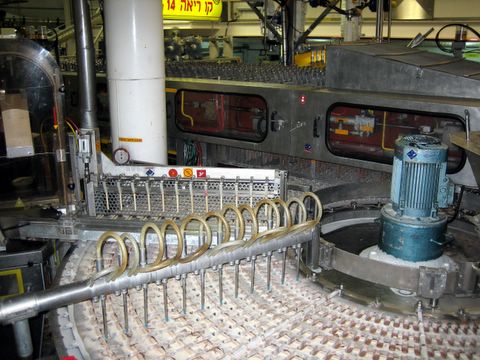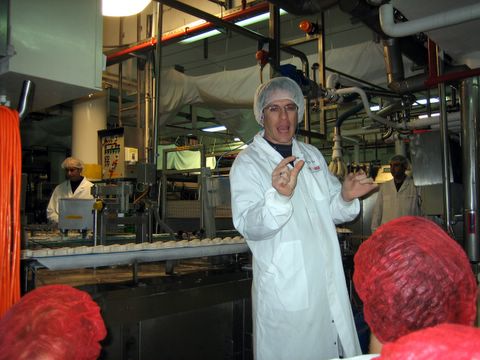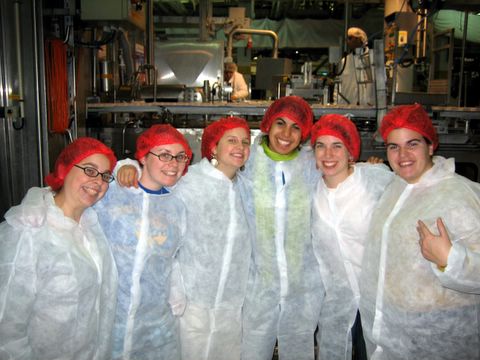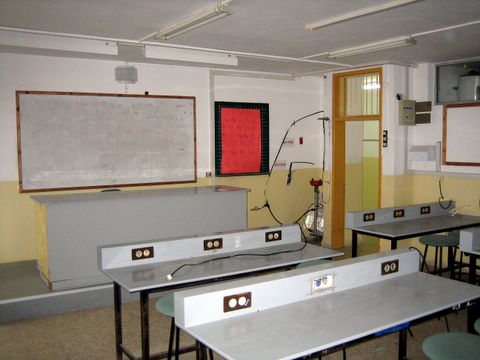
Saturday, February 25, 2006
Saturday, February 18, 2006

This past monday, February 13th, was the Jewish holiday of Tu B'Shvat. My kvutza was invited to participate in a tekes, or ceremony, put on by the city inside of the Old Knight's Hall, part of the city's crusader ruins. Bram, Jon, and Theo represented the Kvutza and played two musical pieces for the ceremony.
Tuesday, February 14, 2006
Today in Kabul
I had an interesting experience in Kabul today while we were playing several introduction\ice-braking games with our students. These games help us to learn the students names (which are espeically hard to learn since, as of yet, we can barely pronounce them) as well as get the students to start speaking English. One of the games involves everyone recieving a few small squares of paper and writing any sort of noun or short phrase on each square. The squares are then folded up, placed into the center of the circle, and one person from each team gets up to try and act out as well as describe in words what's written on the paper without actually saying the word. It's very similar to the game Taboo except that there are no forbidden words. After several rounds, the Arab student in the middle picked up a square and gave the hint: "It's something that everyone wants - Israelis and Arabs."
The word was "Peace."
Wednesday, February 01, 2006
The 150th Post!
Hi everyone!
Today was the first day of my מסימה (mesima or volunteer mission). My קבוצה, called פורה (Poreh) has 4 צוותים (tzevatim or team) with two working in Acco schools, one in a HaNoar HaOved v'HaLomed school, and one in an Arabic school in the village of Kabul.
Our mission in Kabul is to help out with English classes. We focus primarily upon getting the students to speak. We try to work with the students in the smallest groups possible since many of the students are too shy or embarrassed to speak in front of a large group. Furthermore, we don't tell the students that we know Hebrew - this forces them to learn how to communicate in English.
This morning, myself and five other people, all of us in our chultzot left our apartment at 8:00 AM. I was curious as to how we would communicate with the staff in the school since we wouldn't use our Hebrew and many of the staff don't speak English. Nevertheless, we found our way into the teacher's lounge to wait for Ibtisan, one of the school's four English teachers. As we were sitting there, several students walked up to the door, looked at us excitedly, then ran off to find their friends. Every once in a while they would enthusiastically chatter something in Arabic and wait for us to respond. When they realized we didn't know Arabic, they then tried Hebrew (which we had to ignore so as not to blow our "no-Hebrew" cover). They finally would try a few basic greetings in English and then run off to bring more of their friends.
Ibtisan prepped us with some basic information about the Israeli school system, how students are tracked into different levels at a very young age, and how the Bagrut (the Israeli standardized matriculation exam) affects all of the students and the curriculum. She then took us for a tour of the school. The school has three different floors: the bottom floor for the 12th graders, the middle for 10th grade, and the top for 11th grade.
The bell then rang to end the period. Actually, many school bells in Israel don't actually ring. They instead play all sorts of songs - for example: electronica, popular music, random silly tunes, etc.. Personally, I think it would have been cool if my high schools had music instead of the annoyingly harsh bells.
We then went to Ibtisan's 10.3 class (10 is the grade, and 3 is the class level: 3 is the lowest in the school and five is the highest). After everyone (us and the students) introduced themselves, the class started their English review for the Bagrut test. Judging from the worksheets that they used, I have come to the conclusion that the English Bagrut is very similar to a combination of our SAT and AP tests. That is, the Bagrut follows a similar style to the AP test in regards to type of questions (listening, writing, speaking, multiple choice, fill in the blank, and short answer) but follows the methodology of the SAT by using trick questions and trying to confuse the hell out of the test-taker.
We did a similar introduction in the 2nd 10.3 class and then we sat on as they read through what can only be described as a very silly song. Think of the really cheasy songs you sang\read through in your foreign language classes in high school except that they are actually in English under the heading, "What is a Teenager?" . . . !
After that we had a planning meeting to talk about different activities we could run for the students that would engage them and get them to speak English.
We then went outside to wait for our taxis. As we were waiting there, I decided to check out the little food stand right next to the school. The guy in the shop noticed that we had on our chultzot and correctly assumed that were from the same movment as the Australian Habonim Dror group that had been there two months ago. Since he didn't speak any English, and I only speak around four words of Arabic, I was forced to converse in Hebrew. Thankfuly, he agreed to not blow our no-Hebrew cover. Better than that, he made the best damn falafel that I've ever had - 6 falafel balls and all the acoutrements for only five shekel! That's only $1.07!
All in all, it has been a great day and I am indescribably excited about working in Kabul.
--Dov














